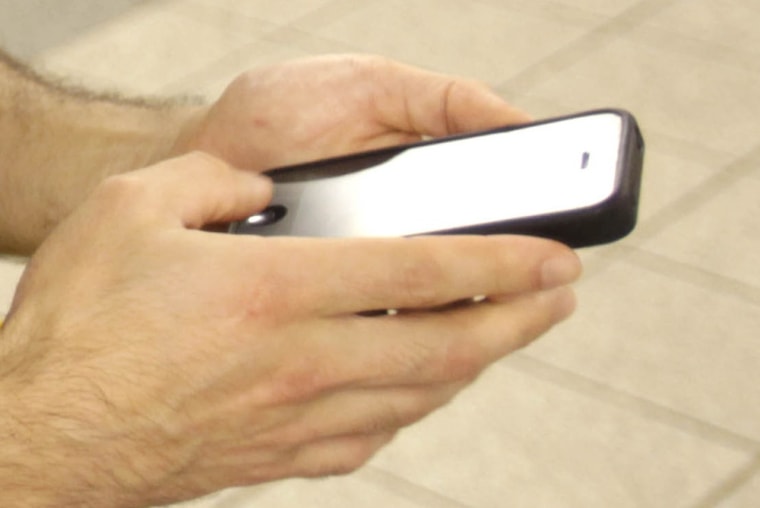Don’t be surprised if, in a few years, your smartphone serves you ads for drink specials in a part of town you don’t even know you’ll be visiting after work that day.
You see, your phone will know you’re likely to go there because it’s a Monday and you always go out for drinks on Monday with your buddy Joe, who just did an Internet search for cool bars and drink specials in that part of town.
This is all possible thanks to an algorithm developed by researchers at the University of Birmingham that uses data collected by your smartphone and those of your friends to predict your future whereabouts.
While that may sound scary, it’s likely to happen as mobile network operators grasp for new ways to make money.
“These companies already possess such data and could use it to provide sharper recommendations or ads for restaurants or shops near locations where you are likely to go,” notes MIT’s Technology Review.
The development of the algorithm was led by Mirco Musolesi, a computer scientist at the University of Birmingham, as part of the Nokia-sponsored Mobile Data Challenge.
All participants in the challenge drew on the same dataset generated by 200 users who agreed to have their location, communication patterns, social interactions and app usage tracked for 18 months in 2011.
Musolesi’s group won 3,000 Euros for its work and is planning to build a developer platform based on the algorithm, Technology Review notes.
Their algorithm was, on average, less than 20 meters off when predicting where any given person in the study would be 24 hours later.
The concept is similar to Android’s new prediction system, Google Now, which predicts what you’ll need and get it to you before you even know you need it based on your habits and interests.
While all of this may sound Big Brother-ish, finely targeted advertising could be effective, allowing content publishers to charge more for ads and pay for richer content.
And that, in turn, would be a good thing.
--Via Technology Review
John Roach is a contributing writer for msnbc.com. To learn more about him, check out his website. For more of our Future of Technology, watch the featured video below.
